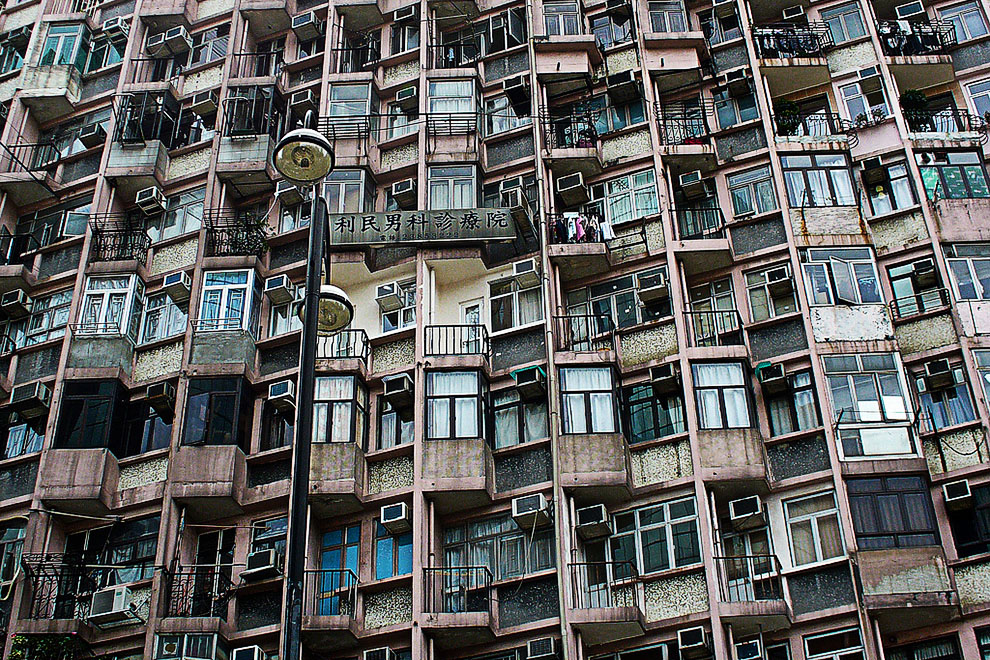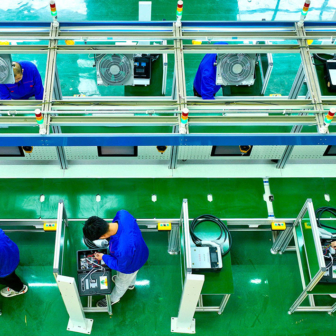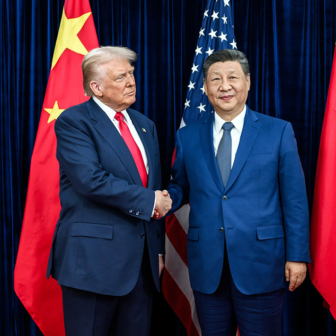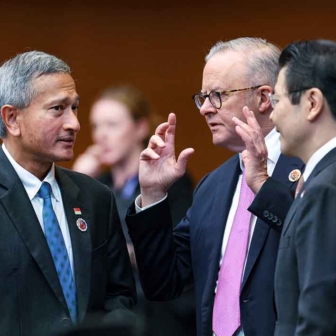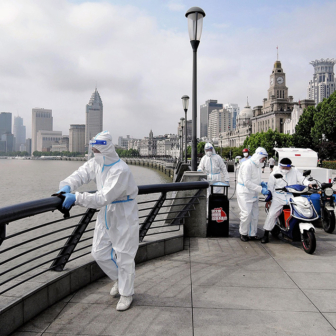One of the things we learned during the pro-democracy protests in Hong Kong is how little the outside world really knows about public sentiment and daily life in the former British colony.
For Westerners, an intimate involvement in the development of the city since the nineteenth century seems to have created a feeling that we know something of how Hong Kongese think and feel. For people in the People’s Republic, there is always the excuse that for much of the post-1949 period access to ordinary Hong Kong residents was difficult. With social media, inward and outward travel, and a general opening up, that is no longer the case.
The blithe assumption during the colonial era was that the local people were profoundly apolitical. This belief suited a British administration reluctant to grant any meaningful political powers to the city’s residents for much of its imperial custodianship. But that assumption sits oddly now with the indications that there is plenty of political passion, and division, in the city’s community. The Occupy Central movement brought this to the surface, as did the smaller demonstrations marking the first year of the “umbrella revolution” late last month. There is, and always was, plenty of politics in Hong Kong. And one of the strongest similarities between the colonial masters up to 1997 and the new rulers since then is that they both chose not to pay much attention to this fact.
Hong Kong’s complex political dynamics are partly obscured by the image gained by most people visiting the city. In her fine book about Hong Kong, the British writer Jan Morris refers to the excitement and energy its skyscraper landscape communicates to visitors. Gleaming five-star hotels, skyscraping bank headquarters and seemingly limitless acres of luxury shops imply that everyone is wealthy, everyone lives in a gleaming, spacious apartment with a view overlooking the sea, everyone works in a high-paid service sector job, and everyone can own or buy pretty much what he or she wants. Dazzling statistics – that the proportion of Rolls-Royces in the car park at the Hong Kong Jockey Club was the highest in the world, for instance – used to convey the same image. Hong Kong means wealth, and little else.
Add to this the fact that the city is governed almost as if it is a corporation. It is run by a chief executive, and the government’s leading officials often sound like businesspeople rather than public servants. Tax rates are famously low, welfare is frowned on, and the government accrues vast budgetary surpluses the way some companies try to build up piles of cash. Its chief spokespeople often sound like they are talking to citizens as if they are stakeholders in a company rather than residents of a community.
This aspect of the city is described well by one of the finest analysts and observers of Hong Kong, Leo Goodstadt. He is in a good position to speak about the city: it has been his principal base since 1961, and he has played a significant role there both as an official during the late colonial era and now as a scholar. The latest of a trilogy of books he has produced over the last decade, Poverty in the Midst of Affluence: How Hong Kong Mismanaged Its Prosperity, sets out his key critique succinctly: precisely because the administration has increasingly taken on the guise of a business running a company, it has often failed to address the complex questions that are government’s key responsibility.
While Hong Kong has been growing wealthy over the past four decades, Goodstadt concludes, a large number of its 7.2 million inhabitants have seen their living standards stagnate, their housing deteriorate, and the quality of healthcare, education and welfare decline.
Housing, one of the most contentious issues in Hong Kong, drives a great deal of public anger. As in the People’s Republic, despite its very different legal system, land in Hong Kong is overwhelmingly owned by the government. Much of it, of course, is leased out, some for periods of almost 1000 years. Sale of land to property developers has been among the chief sources of the Hong Kong government’s wealth, and the main reason it has been able to keep taxes so low.
But two great problems have emerged over the past twenty years. First, the housing stock is deteriorating. Much of it was built in the 1960s and 1970s when standards and construction quality were substandard. Second, with higher divorce rates, smaller families, a growing aged population and a young generation wanting more independence and space, demand for an already small stock of housing has shot up.
The government of chief executive C.Y. Leung has promised to build more than 300,000 new units in the coming decade. But with the time from initiating to completing a new property development having stretched to over ten years, and with a highly unionised but ageing construction workforce still refusing to open up to workers from outside Hong Kong, there is increasing scepticism that the target will be met.
Even if it is, property prices are unlikely to fall any time soon. The city’s property is among the most expensive in the world, and over half its residents live in subsidised public housing, some having had to wait up to seven years to get a place. As Goodstadt elegantly states, average living space has shrunk, it is often of poor quality and served by poor public amenities, and the surrounding environment is increasingly polluted and blighted by overcrowding and high rates of car use.
In that context, the demonstrations late last year and early this year were about much more than wanting a more representative electoral system after 2017. The simple fact is that Hong Kongese, if asked whether their lives are better now than five or ten years ago, would largely reply in the negative. Their wages are often modest, living costs are high, and rent or mortgages eat up a large part of what they earn. Far from relaxing beside pools in the luxury clubs and hotels, they are commuting to work in some of the most crowded transport in Asia, and seeing their living space further affected by a staggering forty-five million visitors from the mainland in 2014 alone (although the figure is 7 per cent down this year).
The greatest criticism of the Special Administrative Region government therefore is not that it has failed, in the eyes of many Hong Kongese, to represent the interests of the city in the debates over constitutional change. The real problem is that the government is simply not preserving the city’s living environment and its levels of social cohesion and equality, and is not guaranteeing basic social justice. A tiny elite of the super wealthy continues to attract attention in the outside world, but the overwhelming majority of Hong Kongese live tough lives and don’t feel that their government is listening to them. Eventually this will have an impact on the overall viability of the city, and it can’t simply be addressed by telling citizens to knuckle down and be patient until things get better.
That Hong Kong people are misunderstood by the outside world is unsurprising. Citizens of one place are rarely good at trying to work out the dynamics of another. But that they are misunderstood by their own government is truly egregious. Goodstadt’s book is a great place to start for an insight into the dynamics of this amazing city. It is not a comfortable read. But it’s to be hoped that its message will be listened to. It certainly needs to be. •
